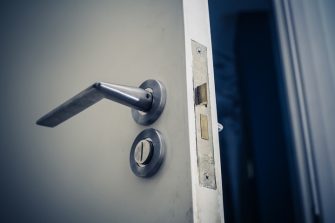
If you’re considering a career in the trades, you may be wondering what kind of training and preparation you will need. On top of classroom and apprenticeship hours, keep in mind that each trade will require specific areas of competence, including technical, practical and softer skills.
If you’re thinking of a career in plumbing, you’ll need plenty of classroom and on-the-job training, as well as a well-rounded set of business and people skills.
To help you focus on the areas you may need to develop, here are some of the skills plumbers need:
1. People Skills
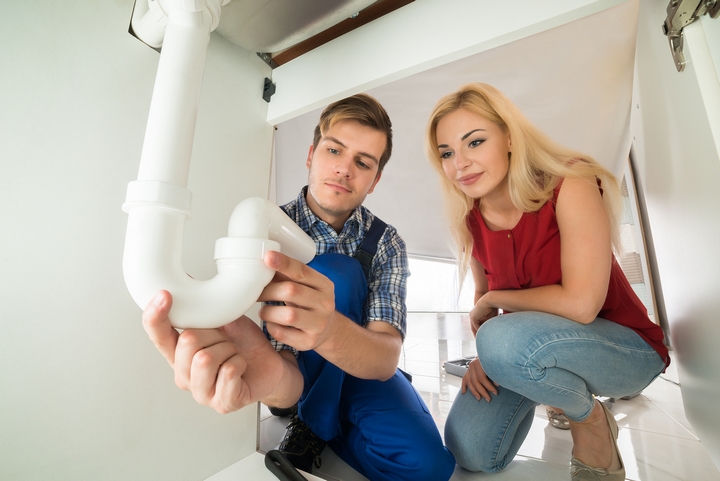
In any career path, it’s hard to escape the need for people skills. As a plumber, you will need to speak with potential customers, deliver honest estimates and engage in conversation in their homes. The overall impression you leave will likely determine whether or not you will receive word-of-mouth referrals. In other words, if you are not naturally gifted with people, start working on your people skills to help your overall plumbing career.
2. Business Knowledge Skills

Having a basic business plumbing knowledge is one of the essential skills plumbers need. As most plumbers end up working for themselves, or as part of a small team, you’ll want to be comfortable with a few business skills. While you don’t need a course in finance or taxation, you should familiarize yourself with basic accounting methods to track your income and expenses.
In addition, if you want your local community to know your name and brand, you’ll need to develop a few marketing skills to make sure your website and phone number are easily found.
3. Safety Skills
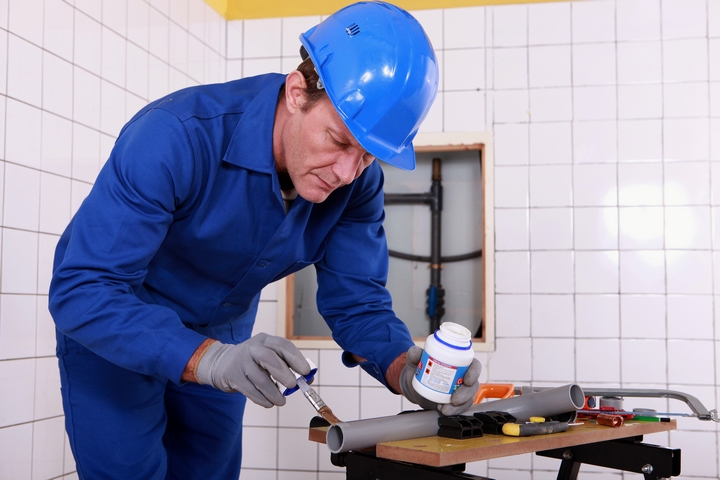
Given the nature of plumbing work—controlling the water flow within a building—parts of the job can be dangerous. Not only will you need to avoid or stop water from causing property damage, but you’ll also need to make sure you and others are protected from harm. This includes knowing how to handle chemicals, protecting your eyes, lungs and skin, preventing trips and falls, working safely at heights, preventing fire and electrical hazards and much more.
4. Time Management Skills

As a plumber, you’ll need to estimate the time required for each job so that you can accurately book your next appointments. Scheduled meetings are important to keep, as your clients will likely have stayed home from work to let you into their homes.
Often, plumber calls are the result of an emergency, making it important that you move efficiently between jobs and prioritize on the go. If you are someone who loses track of time easily, you will likely need to tighten your time management skills in order to keep your clients happy.
5. Problem Solving Skills
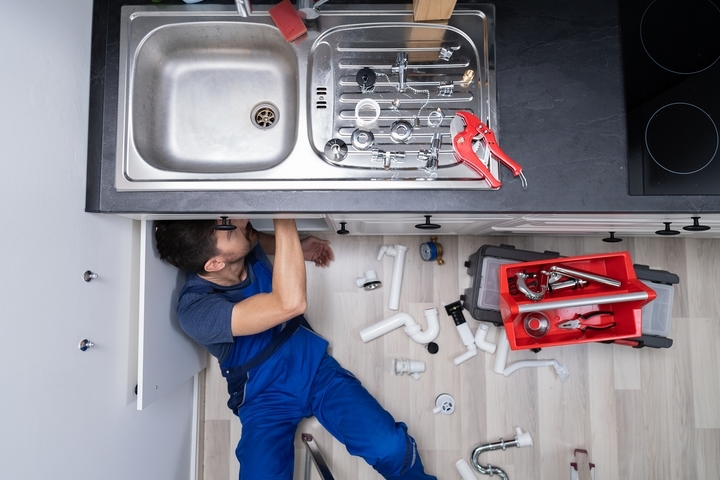
One of the key skills you’ll need as a plumber is basic problem solving. While some jobs—perhaps a leaking sink or a dripping water valve—may be easily identified and solved, other issues will require more troubleshooting and patience. Beyond your classroom or apprenticeship training, you’ll need basic problem-solving skills when it comes to locating hidden leaks or issues with buried pipes.
6. Physical Strength and Dexterity
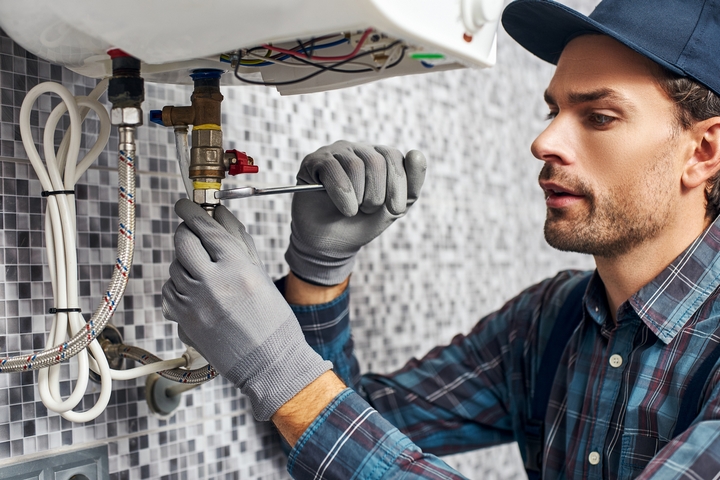
Of course, several elements of being a plumber require physical strength. Whether you are loosening rusted plumbing fittings or removing drywall to access pipes, you will need a good amount of strength to complete many plumbing tasks. In addition, plumbing requires both good coordination and manual dexterity to allow you to move and adjust fittings and handle the many power tools required for the job.
7. Blueprint Interpretation
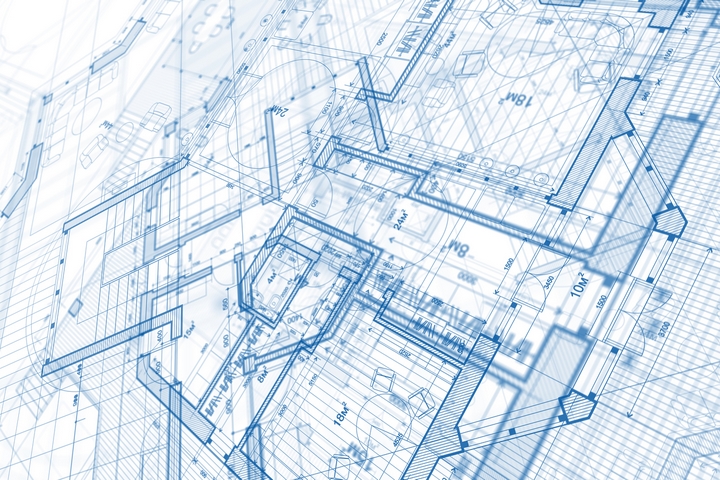
As you assess a job as a plumber, you’ll sometimes have access to blueprints, which need to be properly interpreted. Blueprints are the architectural drawings of a building. They outline the location of walls, pipes, water sources and the location of municipal connections. You will need to understand these drawings in order to locate pipes or attachments, or to install fixtures or appliances.
8. Current Knowledge
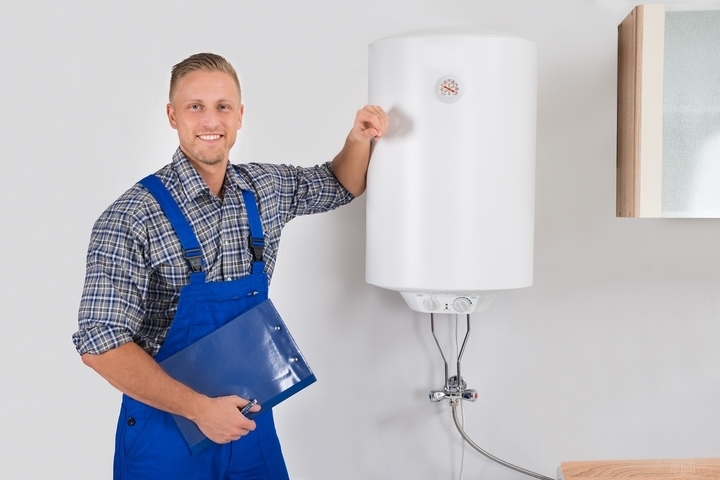
An effective plumber needs to stay on top of plenty of new information. In addition to knowing the Canadian Plumbing Code, you’ll need to keep up to date with any updates or revisions. In addition, it will be important for you to keep up to speed with new building materials, plumbing trends and advances in technology. Staying up to speed with the latest home products will help you provide everything from a digital leak-detecting system to programmable showers with personalized temperatures.
If you have considered becoming a plumber, you already know it is a highly skilled trade with significant training and preparation required. In truth, the skills plumbers need to succeed go far beyond a classroom or apprenticeship program.
They include everything from people skills to math and problem-solving skills, along with a good amount of physical strength. Perhaps most important, a plumber needs to have a career-long commitment to learning about new technologies, products, materials and techniques. We hope this list has been useful as you prepare for your career as a plumber.






